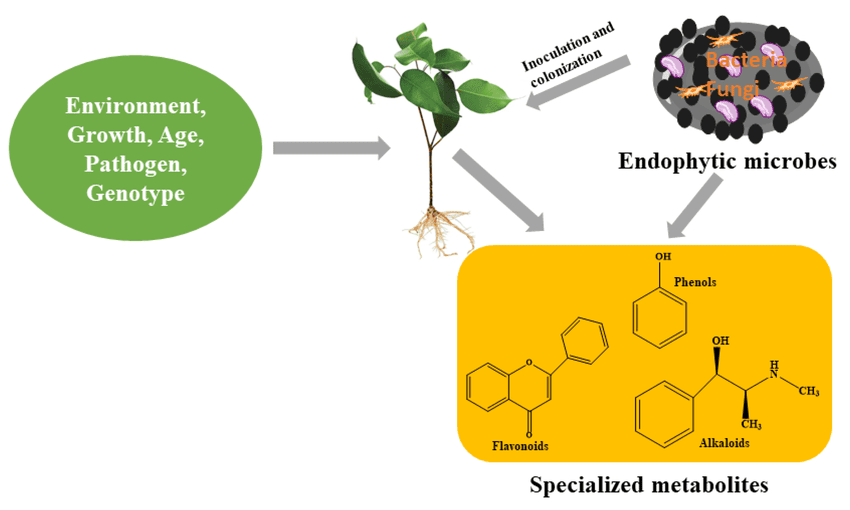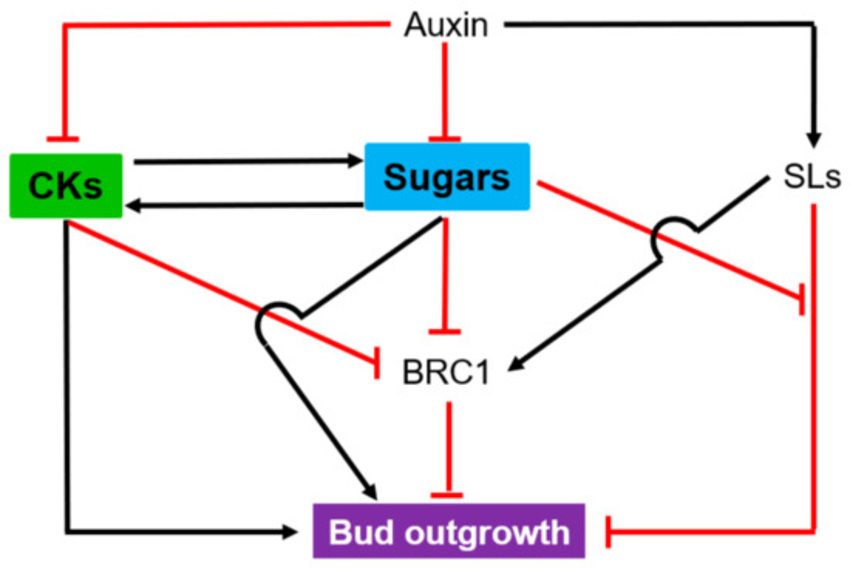Plant Molecular Biology
52
Blood clots don't form in hibernating bears. Scientists have now figured out why
- Rating
- hibernating
- clotting
- vein
- blood
- thrombosis
- clots
Recent studies suggest that bears don't experience blood clots during hibernation due to changes in their blood clotting system. Hibernating bears have a prolonged period of inactivity, and their blood flow decreases significantly, which puts them at risk of developing clots.
However, scientists have found that during hibernation, bears produce more of a protein called PAI-1, which prevents blood clots from forming. Additionally, they produce less of another protein called tPA, which dissolves blood clots.
This combination of increased PAI-1 and decreased tPA production allows bears to maintain a healthy balance in their blood clotting system and prevent clots from forming. Understanding how bears avoid blood clots during hibernation could help scientists develop new treatments for conditions such as deep vein thrombosis, which is a type of blood clot that can be life-threatening in humans.
Leave a Reply
Your email address will not be published. Required fields are marked *


